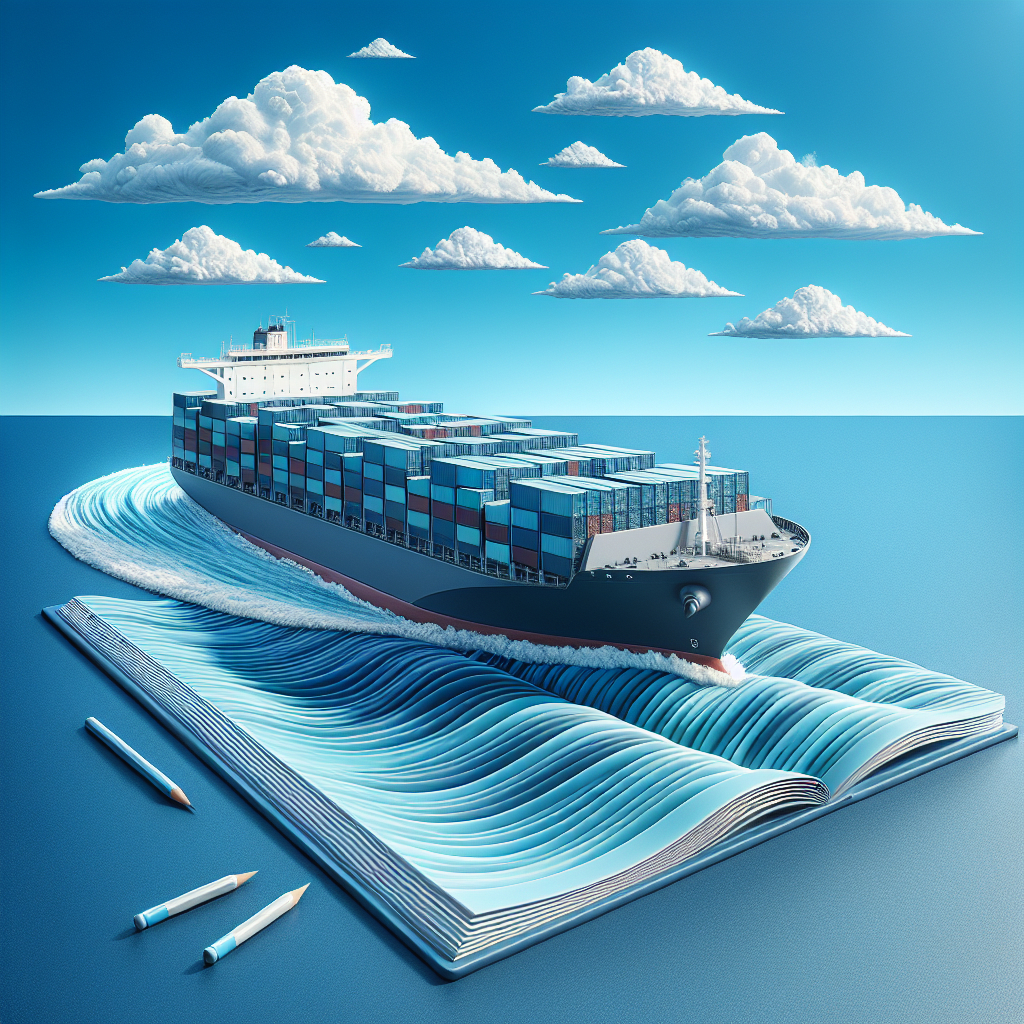When the phrase ‘Ocean discovery’ comes to mind, one envisages a deep-sea find or ancient shipwreck revelation. Rarely do we associate it with changing patterns in our transportation choices or policy revision. But an unheralded discovery in the heart of the Pacific is radically transforming not just how we comprehend marine life but also how this knowledge can restructure global transport systems.
Fashion Trend
The trend sweeping across industries worldwide isn’t wearable; it’s sustainable. With global warming casting a harsh light on carbon-emissions, maritime transport stands at an interesting intersection – seemingly eco-friendly due to minimal reliance on fossil fuels yet socially responsible for high levels of CO2 emissions.
Designer Vision
This needled researchers to design alternate ways of harnessing oceanic energy for propelling ships without further damaging marine ecosystems. The recently discovered hyper-efficient algae strain promises exactly that: a potential biofuel precursor capable of powering long-haul freighters while leaving negligible environmental footprints.
Manufacturing Process
The challenge was twofold: cultivate these microscopic organisms industrially and convert them into viable fuel efficiently. Early challenges were largely related to scaling up production from laboratory petri dishes to large outdoor ponds without losing control over growth conditions.
Market Response
A steady growth rate coupled with successful nutrient recycling schemes has attracted massive investment interest globally from shipping giants keen on reducing their carbon credits while capitalizing on cutting-edge technology.
Cultural Influence
The discovery sparked a cultural shift in how the sea is perceived – from an untamed wilderness to be conquered, it’s now seen as an ally, its resources harnessed sustainably to power our travels.
Sustainability Focus
The newfound respect for oceanic ecosystems led to industry-wide systemic changes prioritizing sustainability. Policies urging utilization of clean marine fuels have taken precedence with many port authorities granting preferential treatment to vessels taking the green route.
Consumer Behavior
While direct consumer interaction in maritime transportation isn’t distinctly visible, heightened awareness and preference for sustainable choices are influencing companies’ operational decisions and public image styles.
Industry Challenges
Moving away from traditional fuel systems towards predominantly biofuel-driven freighters presents logistical challenges comprising infrastructure modifications and availability of biodegradable lubricants compatible with such engines.
Future Directions
This groundbreaking discovery has set off a wave of research into other potential marine-based renewable energy sources that might disrupt not only nautical but also aircraft and terrestrial vehicle propulsion methods.
Cultural Impact We stand at the precipice of change. As technological advancements redefine possibilities within the transport sector, it also compels us to reevaluate our relationship with oceans. They’re no longer just water bodies we traverse; they’ve become lifelines propelling humanity into a cleaner future where intercontinental travel doesn’t leave behind trails of pollutants.

